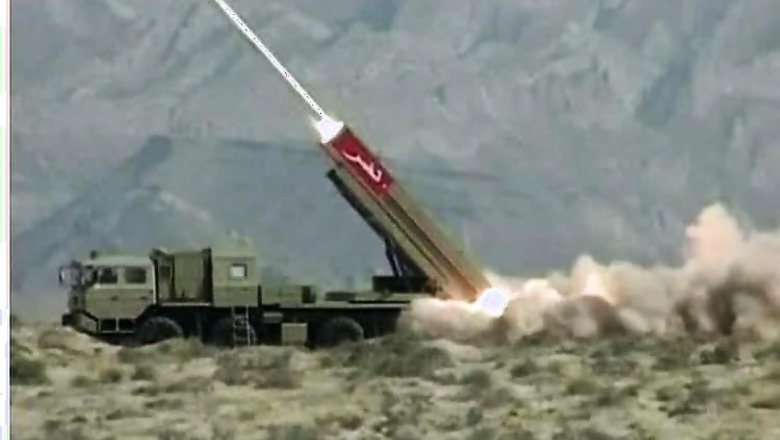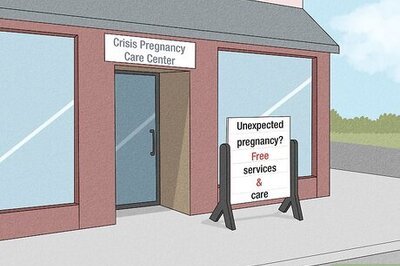
views
Washington: With Pakistan moving towards tactical nuclear weapons, there is an increasingly higher risk of nuclear theft, a US think-tank report has warned ahead of the Nuclear Security Summit in Washington later in March.
"Overall, the risk of nuclear theft in Pakistan appears to be high," said the report 'Preventing Nuclear Terrorism: Continuous Improvement or Dangerous Decline?' released by the prestigious Harvard Kennedy School.
"The trend seems to be toward increasing risk, as Pakistan's nuclear arsenal expands and shifts toward tactical nuclear weapons, while adversary capabilities remain extremely high," it said.
Over the longer term, the possibilities of state collapse or extremist takeover cannot be entirely ruled out, though the near-term probability of such events appears to be low.
The report from the Harvard Kennedy School comes a week after a top American diplomat had raised a similar concern. "We've been very concerned about Pakistan's deployment of battlefield nuclear weapons," US Under Secretary of State for Arms Control and International Security, Rise E Gottemoeller told members of the Senate Foreign Relations Committee during a Congressional hearing on Thursday.
"Battlefield nuclear weapons, by their very nature, pose security threat because you're taking battlefield nuclear weapons out to the field where, as, you know, as a necessity, they cannot be made as secure," Gottemoeller had said.
In Pakistan, a modest but rapidly growing nuclear stockpile, with substantial security measures, must be protected against some of the world's most capable terrorist groups, in an environment of widespread corruption and extremist sympathies, said the Harvard Kennedy School.
By some estimates, the Strategic Plans Division, which manages Pakistan's nuclear weapons, has 25,000 troops available to guard Pakistani nuclear stocks and facilities. Pakistani officials report that sites are equipped with extensive barriers and detection systems, that the components of nuclear weapons are stored separately (though that may be changing as Pakistan moves toward tactical nuclear weapons intended to be rapidly deployed to the field), and that the weapons are equipped with locks to prevent unauthorised use.
It said there are negative trends, which may be related to the absence of recent US expressions of confidence. "Pakistan has the worlds fastest-growing nuclear arsenal, and is shifting toward tactical nuclear weapons intended to be dispersed to front-line forces early in a crisis, increasing the risks of nuclear theft in such a crisis," it said.
"This increase in numbers of weapons is probably leading to an increase in numbers of locations as well," it said, adding that terrorist groups continue to demonstrate that they are willing and able to launch complex, well-coordinated attacks on heavily-defended military targets within Pakistan.

















Comments
0 comment